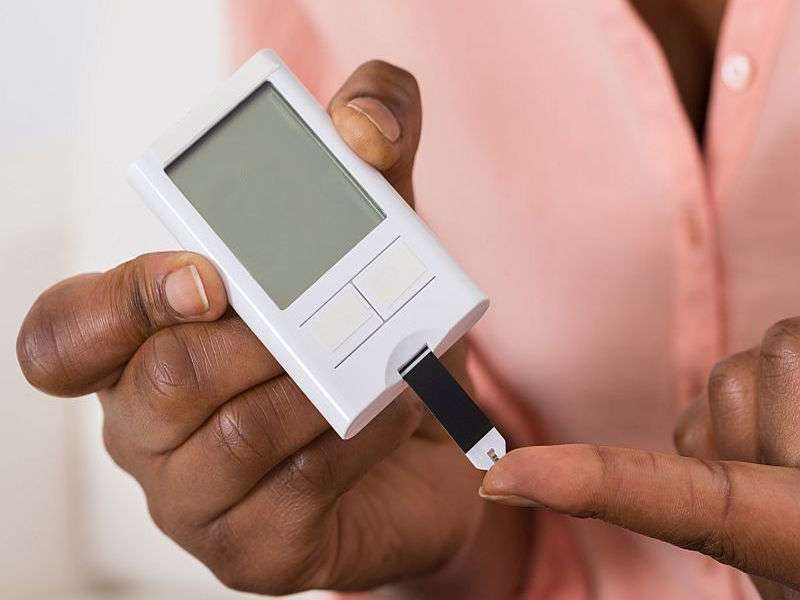(HealthDay)—The addition of Roux-en-Y gastric bypass to lifestyle-medical management is associated with improved achievement of treatment goals in type 2 diabetes, according to a study published online June 16 in Diabetes Care.
Sayeed Ikramuddin, M.D., from the University of Minnesota in Minneapolis, and colleagues randomized 120 adults with body mass index of 30.0 to 39.9 kg/m² and hemoglobin A1c (HbA1c) ≥8.0 percent to two treatment arms. All participants received the lifestyle-medical management intervention for 24 months, while half were randomly allocated to receive gastric bypass in addition.
The researchers found that the triple end point goal was met by 9 and 28 percent of lifestyle-medical management and gastric bypass patients, respectively (P = 0.01), at 36 months. At three years, the mean HbA1c values were 8.6 and 6.7 percent, respectively. At 36 months, none of the lifestyle-medical management patients had diabetes remission, while 17 and 19 percent of gastric bypass patients had full and partial remission, respectively. More medications were used by lifestyle-medical management patients than by gastric bypass patients (mean, 3.8 versus 1.8). Weight loss was 6.3 and 21.0 percent, respectively (P < 0.001). More serious or clinically significant adverse events were seen in patients with gastric bypass over three years (51 versus 24).
"Gastric bypass is more effective than lifestyle-medical management intervention in achieving diabetes treatment goals, mainly by improved glycemic control," the authors write.
Several authors disclosed financial ties to pharmaceutical and medical device companies, including Covidien, which funded the study.
More information: Full Text (subscription or payment may be required)
Journal information: Diabetes Care
Copyright © 2016 HealthDay. All rights reserved.





















